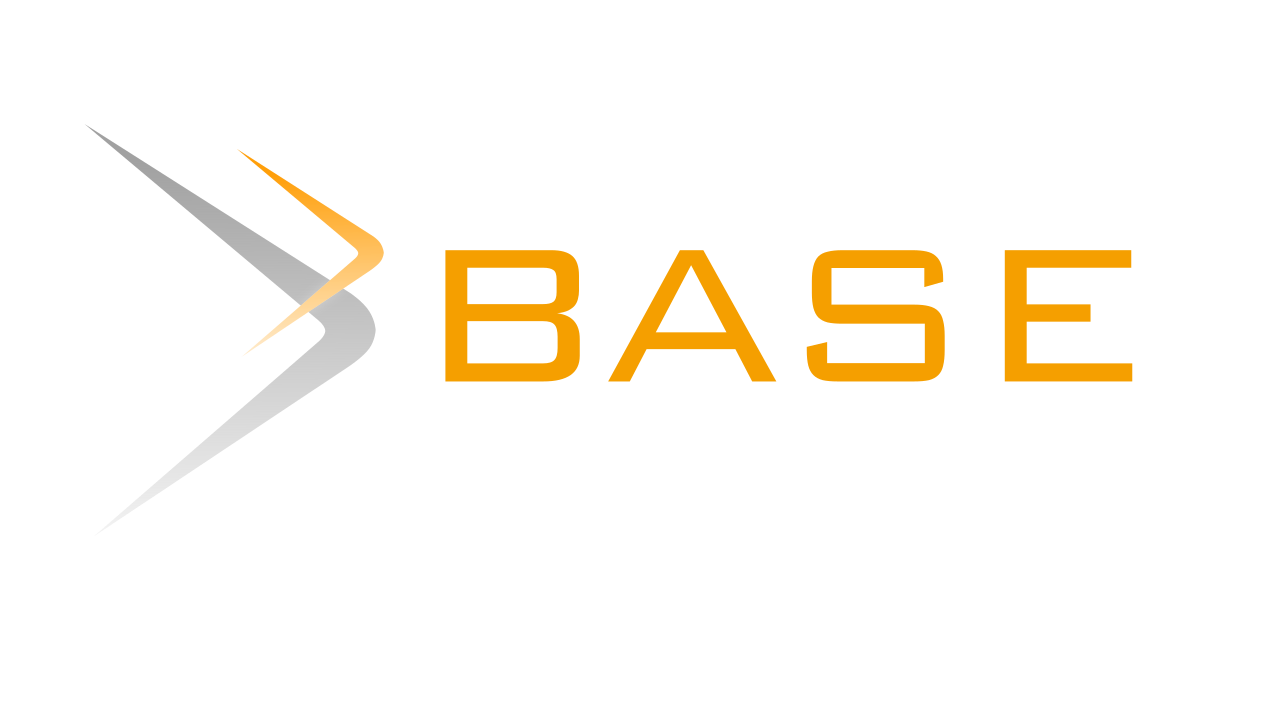The Influence of Political Connected Councils on Banking Performance
DOI:
https://doi.org/10.32486/aksi.v6i2.93Abstract
This study aims to determine the effect of politically connected boards on banking performance as measured in accounting performance and the banking market. This study is using quantitative method with the sample of 41 banking companies listed on the IDX during 2017-2019. The dependent variable in this study is banking performance which is reflected by banking accounting performance (ROA) and banking market performance (Tobin's Q). Meanwhile, the independent variables in this study are the number of politically connected boards, both boards of directors and commissioners. The control variables are company size, leverage, and managerial ownership. The hypothesis was tested by panel data regression. The test results found that politically connected boards have no influence on banking accounting performance, while politically connected boards have a negative effect on banking market performance
References
Ahmad, A. W., & Septriani, Y. (2008). Konflik Keagenan: Tinjauan teoritis dan cara menguranginya. Jurnal Akuntansi Maranatha, 3(2), 47–55. https://doi.org/10.28932/jam.v4i2.291
Al-Matari, E. M., Al-Swidi, A. K., & Fadzil, F. H. B. (2014). The measurements of firm performance’s dimensions. Asian Journal of Finance & Accounting, 6(1), 24. https://doi.org/10.5296/ajfa.v6i1.4761
Apriada, K., & Suardikha, M. S. (2016). Pengaruh struktur kepemilikan saham, struktur modal dan profitabilitas pada nilai perusahaan. Bisnis Universitas Udayana, 52(5), 201–218.
Bank Indonesia. (2018a). Kajian stabilitas keuangan: Penguatan SSK dalam upaya menjaga momentum pertumbuhan (Issue 30).
Bank Indonesia. (2018b). Survei Perbankan Kondisi Triwulan II-2018. Grafik 3, 1–11.
Belghitar, Y., Clark, E., & Saeed, A. (2018). Political connections and corporate financial decision making. In Review of Quantitative Finance and Accounting (Vol. 53, Issue 4). Springer US. https://doi.org/10.1007/s11156-018-0776-8
Boateng, A., Liu, Y., & Brahma, S. (2019). Politically connected boards, ownership structure and credit risk: Evidence from Chinese commercial banks. Research in International Business and Finance, 47(336), 162–173. https://doi.org/10.1016/j.ribaf.2018.07.008
Domadenik, P., Prašnikar, J., & Svejnar, J. (2016). Political connectedness, corporate governance, and firm performance. Journal of Business Ethics, 139(2), 411–428. https://doi.org/10.1007/s10551-015-2675-4
Eisenhardt, K. M. (1989). Agency theory: An assessment and review. Academy of Managwneni Review, 14(1), 57–74. https://doi.org/10.1159/000169659
Faccio, M., Masulis, R. W., & Mcconnell, J. J. (2006). Political connections and corporate bailouts. Journal of Finance, 61(6), 2597–2635. https://doi.org/10.1111/j.1540-6261.2006.01000.x
Gujarati, D. (2003). Ekonometrika Dasar. Jakarta: Salemba Empat.
Gujarati, D. N., & Porter, D. C. (2009). Basic Econometrics (5th ed.). NewYork: McGraw-Hill/lrwin.
Habib, A., Muhammadi, A. H., & Jiang, H. (2017). Political connections and related party transactions: Evidence from Indonesia. International Journal of Accounting, 52(1), 45–63. https://doi.org/10.1016/j.intacc.2017.01.004
Hillman, A. J. (2005). Politicians on the board of directors: Do connections affect the bottom line? Journal of Management, 31(3), 464–481. https://doi.org/10.1177/0149206304272187
Houston, J. F., Jiang, L., Lin, C., & Ma, Y. (2014). Political connections and the cost of bank loans. Journal of Accounting Research, 52(1), 193–243. https://doi.org/10.1111/1475-679X.12038
Jensen, M. C., & Meckling, W. H. (1976). Thery Of the firm: Manajerial behavior , agency cost and owership structure. Journal of Financial Economics, 3, 305–360.
Johnson, S., & Mitton, T. (2003). Cronyism and capital controls: Evidence from Malaysia. Journal of Chemical Information and Modeling, 67(2), 351–382.
Kristanto, A. T. (2019). Pengaruh political connections terhadap kinerja perusahaan. EXERO Journal of Research in Business and Economics, 02(01), 1–21.
Ling, L., Zhou, X., Liang, Q., Song, P., & Zeng, H. (2016). Political connections, overinvestments and firm performance: Evidence from Chinese listed real estate firms. Finance Research Letters, 18, 328–333. https://doi.org/10.1016/j.frl.2016.05.009
Margaretha, F., & Letty. (2017). Faktor-faktor yang memengaruhi kinerja keuangan perbankan Indonesia. Manajemen Keuanagan, 6(1), 84–96. https://doi.org/2089 - 3477
Mulyasari, A. (2016). Pengaruh indeks pembangunan manusia dan angkatan kerja terhadap produk domestik regional bruto. Economics Deve;Opment Analysis Journal, 5(1), 368–376.
Nurudin, M., Mara, M. N., & Kusnandar, D. (2014). Ukuran sampel dan distribusi sampling dari beberapa variabel random kontinu. 03(1), 1–6.
Nuswandari, C. (2009). Pengaruh corporate governance perception index terhadap kinerja perusahaan pada perusahaan yang terdaftar di Bursa Efek Jakarta. Jurnal Bisnis Dan Ekonomi (JBE), 16(2), 70–84.
Purwoto, L. (2011). Pengaruh koneksi politis, kepemilikan pemerintah, dan keburaman laporan keuangan terhadap kesinkronan dan risiko crash harga saham. Ringkasan Disertasi Pada Ujian Terbuka, 2–40.
Setiawaty, A. (2016). Pengaruh mekanisme good corporate governance terhadap kinerja perbankan dengan manajemen risiko sebagai variabel intervening. Jurnal Ekonomi Dan Manajemen, 13(1), 13–24. http://journal.febunmul.net
Sudiyatno, B., & Puspitasari, E. (2010). Tobin’Q dan altman z-score sebagai indikator pengukuran kinerja perusahaan. Kajian Akuntansi, 2(1), 9–21.
Suhartono, P. A., & Sany. (2015). Pengaruh political connection dewan direksi dan dewan komisaris terhadap return on equity dan asset turnover perusahaan di sektor konstruksi. Business Accounting Review, 3(2), 261–270.
Sujoko, S., & Soebiantoro, U. (2007). Pengaruh struktur kepemilikan, strategi diversifikasi, leverage, faktor intern dan faktor ekstern terhadap nilai perusahaan (Studi empirik pada perusahaan manufaktur dan non manufaktur di Bursa Efek Jakarta). Jurnal Manajemen Dan Kewirausahaan, 9(1), 41–44. https://doi.org/10.24034/j25485024.y2007.v11.i2.317
Sun, P., Hu, H. W., & Hillman, A. J. (2016). The dark side of board political capital: Enabling blockholder rent appropriation. Academy of Management Journal, 59(5), 1801–1822. https://doi.org/10.5465/amj.2014.0425
Supatmi. (2020). Pengaruh transaksi pihak berelasi terhadap kinerja perusahaan dengan koneksi politik sebagai pemoderasi. Disertasi PDIA UB, tidak dipublikasikan.
Supatmi, Sutrisno, T., Saraswati, E., & Purnomosidhi, B. (2019). The effect of related party transactions on firm performance: The moderating role of political connection in indonesian banking. Business: Theory and Practice, 20(2003), 81–92. https://doi.org/10.3846/BTP.2019.08
Sutopo, B., Trinugroho, I., & Damayanti, S. . (2017). Politically connected banks: Some evidence. International Journal of Business and Society, 18(1), 83–94.
Utamaningsi, L. (2020). Perusahaan keluarga, koneksi politik & kinerja perusahaan. Jurnal Ilmiah Universitas Batanghari Jambi, 20(1), 68. https://doi.org/10.33087/jiubj.v20i1.840
Widyati, M. F. (2013). Pengaruh dewan direksi, komisaris independen, komite audit, kepemilikan manajerial dan kepemilikan institusional terhadap kinerja keuangan. Jurnal Ilmu Manajemen (JIM), 1(1).
Wu, W., Wu, C., Zhou, C., & Wu, J. (2012). Political connections, tax benefits and firm performance: Evidence from China. Journal of Accounting and Public Policy, 31(3), 277–300. https://doi.org/10.1016/j.jaccpubpol.2011.10.005
Wulandari, L. (2018). Pengaruh political connection pada dewan komisaris dan dewan direksi terhadap kinerja perusahaan sektor pertambangan. Jurnal Ilmiah Mahasiswa Universitas Surabaya, 7(1), 1196–1226.
Wulandari, T., & Raharja, R. (2013). Analisis Pengaruh Political Connection Dan Struktur Kepemilikan Terhadap Kinerja Perusahaan. Analisis Pengaruh Political Connection Dan Struktur Kepemilikan Terhadap Kinerja Perusahaan, 2, 141–152.
Downloads
Published
How to Cite
Issue
Section
License
Copyright (c) 2021 Omega Saputra, Supatmi

This work is licensed under a Creative Commons Attribution-ShareAlike 4.0 International License.













